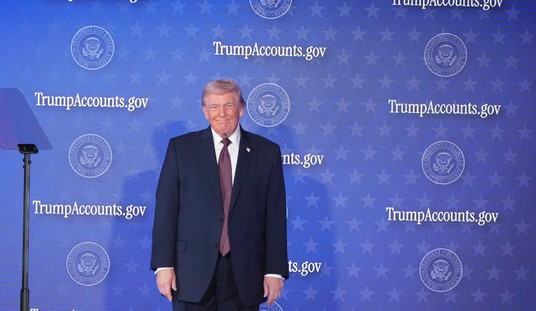The kill switch to any organization is funding. Stop the money, stop the institution.
Disrupting and dismantling the highly funded Islamic State has been a challenge for the Obama Administration, and the House Committee on Financial Services wants to conduct rigorous oversight of how the president is working to stop the income of money to the terrorist group that currently has $2 billion in assets.
In a congressional hearing Thursday, lawmakers discussed how the United States can combat ISIS' continued income of millions of dollars a week which it collects through hostage ransoms, donations, extorting of locals, and most of all, the sale of black marketed oil.
The terrorist organization's anarchy in Syria and Iraq have enabled them to not only take over oil refineries, but kid nap innocent people and hold them for ransom. It is estimated that ISIS has received over $20 million in ransom payments this year. The barbaric acts of ISIS include raising funds by extorting the people that live in the areas they now control. Donations from supporters is also a major source of income for the terrorist group.
Treasury Under Secretary David S. Cohen was a witness and defended President Obama's work in dismantling ISIS; but the Republicans on the committee, including Congressman Scott Garrett (R-NJ) and Congressman Steve Pearce (R-NM), were not buying it.
"We cannot be cavalier about security threats such as ISIS," said Rep. Garrett. "[I am] concerned about how our Commander-in-Chief, President Obama has taken this threat."
Rep. Pearce was the most poignant committee member and demanded an answer from Cohen to why the air strikes ordered by President Obama have not single-handedly stopped ISIS from selling oil on the black market by destroying their transport trucks and refineries. When asked to scale President Obama's commitment to stoping the sale of ISIS produced oil from 1-10, Cohen said ten and that President Obama was absolutely committed to stopping oil from being sold by ISIS. Rep. Pearce could not get a solid answer from Cohen on why this hasn't been done even when stating he is in the meetings with the president on how they are working to defund ISIS.
Recommended
Rep. Pearce said in a statement to Townhall regarding Cohen's receptiveness to his idea of attacking ISIS transportation trucks:
"The ISIS terrorist group's ability to self-finance is unlike anything we have seen before in a terrorist organization. Earning over $1 million a day in oil sales for their fight is unacceptable. We must stop the flow of money, which is achieved by stopping the flow of oil. I believe our military can do this immediately, if given the order.”
Cohen laid out several ways the Treasury Department and the Obama Administration are working to defund and defeat ISIS. This includes sanctioning banks that conduct the international transactions for ISIS. Also, thwarting those who buy the oil on the black market. He stressed to the committee that though ISIS may have "several millions dollars a week" of income, this should not be confused with "financial strength."
"ISIL does not have the income to meet their costs...I do think the strategy we're employing will impale ISIL's access to funding. It will impair their ability to use the funding that they have and we'll see a real impact on ISIS, but it will take a dedicated effort over some period of time," said Cohen.
Air strikes on ISIS have slowed their income from approximately $1-$2 million a day to "several million a week," according to Cohen.

























Join the conversation as a VIP Member